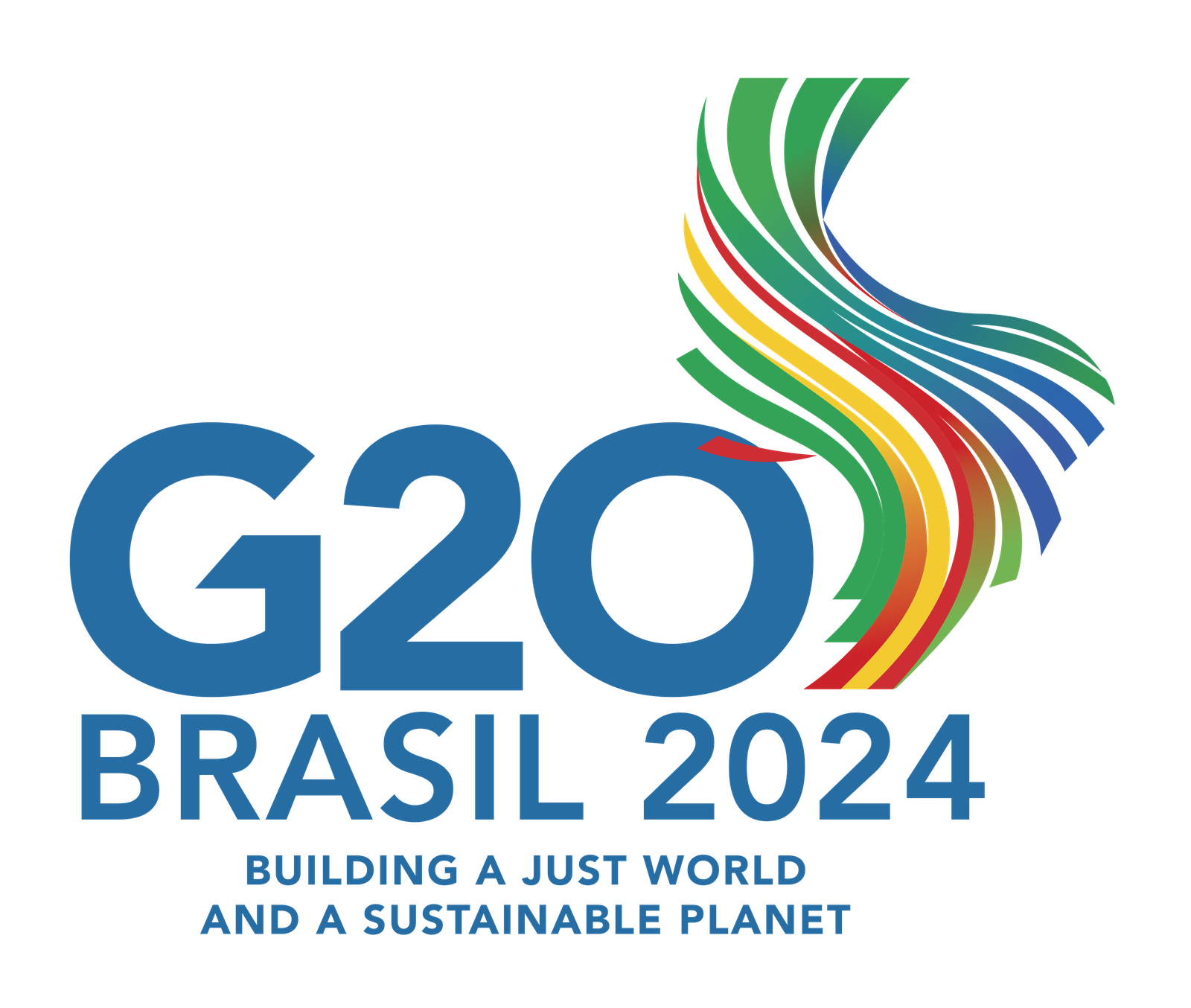
provided by the G20 Research Group

G20 Summits |
G20 Ministerials |
G20 Analysis |
Search |
About the G20 Research Group
[English]
[Français]
[Deutsch]
[Italiano]
[Portuguesa]
[Japanese]
[Chinese]
[Korean]
[Indonesian]
 |
G20 Information Centre provided by the G20 Research Group |
 |
|
G20 Summits |
G20 Ministerials |
G20 Analysis |
Search |
About the G20 Research Group
|
||

Bélem Declaration
Bélem, Brazil, September 21, 2024
[PDF]
We, the Ministers and senior representatives of Tourism of the G20 members, and invited countries, gathered in Belém, Brazil, to reaffirm our collective commitment to advancing sustainable, resilient, and inclusive tourism. Recognizing the sector’s important role in driving economic, social, and environmental sustainability, we commit to align our efforts with the UN 2030 Agenda for Sustainable Development and the 17 Sustainable Development Goals (SDGs).
Tourism is a key sector in the global economy, with the potential to foster sustainable development through responsible practices. Taking into account the Statistical Framework for Measuring the Sustainability of Tourism (SF-MST) endorsed by the UN Statistical Commission, we emphasize the importance of producing credible, comparable, and integrated data on tourism's economic, social, and environmental impact. This framework will guide stakeholders in data-driven decision making to advance the sustainable management of tourism.
We echo the UN Statistical Commission's call to the international donor community and countries to support and finance the measurement of tourism and its sustainability, taking into consideration national circumstances, needs, and priorities.
We recognize the G20 Tourism and SDGs Dashboard developed under the Indian Presidency in collaboration with UN Tourism as a valuable tool for aggregating and showcasing best practices and initiatives aimed at progressing the contribution of tourism to the UN 2030 Agenda for Sustainable Development. The number of case studies more than doubled under the Brazilian leadership, reinforcing the value of maintaining and further promoting the platform as a knowledge hub for G20 tourism policies and initiatives. We acknowledge the potential to harness these and other best practices by connecting stakeholders with similar challenges and helping them develop solutions.
Human capital development is essential for the tourism sector. We recognize the importance of continuous investment in skills development and professional training, as outlined in the Tourism Working Group’s Report on Qualification Actions and Technical Training.
We also emphasize the need for inclusive training opportunities, ensuring that youth, women, people in vulnerable situations, local communities and Indigenous Peoples, as appropriate, have access to professional development in the tourism sector. Continuous investment in human capital will contribute to sustainable tourism growth, foster innovation, and support the creation of high-quality tourism services globally.
MSMEs are critical to tourism’s economic resilience. We recognize the need to support MSMEs in green and sustainable transitions and for embracing technological advancements to enhance competitiveness and sustainability. We express our intention to foster innovation and resilience in MSMEs and destinations by improving access to financing and expertise, particularly for sustainable and community-focused tourism projects. Investment in MSMEs is essential for generating local employment and promoting social development.
We further acknowledge the importance of effective Destination Management in ensuring that tourism contributes to sustainable development and preserves local cultures. We encourage the implementation of governance models that promote public-private partnerships, fostering holistic, sustainable destination management and engage visitors to adopt more responsible practices.
We commend the Brazilian G20 Presidency for the initiative to prepare the “Presidency Report Delivery 3: Funding Lines and Priority Areas for Investment in Tourism”. The Presidency report underscores the critical role of financial support in driving tourism development, with the potential to create positive social, environmental and economic impacts across multiple sectors. It recommends that multilateral and international organizations, as well as financial institutions provide funding lines in four priority areas directly related to tourism: climate resilience and nature positive tourism, social development, the development of new tourism products in local communities, and the development of shared tourism infrastructure. The report indicates that increasing financial support in these areas is important to ensure tourism's full potential, fostering sustainable growth and shared prosperity.
As we bring our discussions in Belém to a close, we extend our sincere gratitude to Brazil for its leadership of the G20 Tourism Working Group over the past year. Looking ahead to 2025, we enthusiastically welcome the Republic of South Africa’s incoming G20 Presidency. We are confident that their vision will bring new momentum to our collective efforts, further strengthening the role of tourism as a catalyst for sustainable development and global cooperation.
Agreed in Belém, Brazil, September 21st, 2024
The G20 Ministers of Tourism
Source: Official website of Brazil's G20 presidency
This Information System is provided by the University of Toronto Library
and the G20 Research Group at the University of Toronto.
Please send comments to:
g20@utoronto.ca
This page was last updated
September 28, 2024
All contents copyright © 2025. University of Toronto unless otherwise stated. All rights reserved.